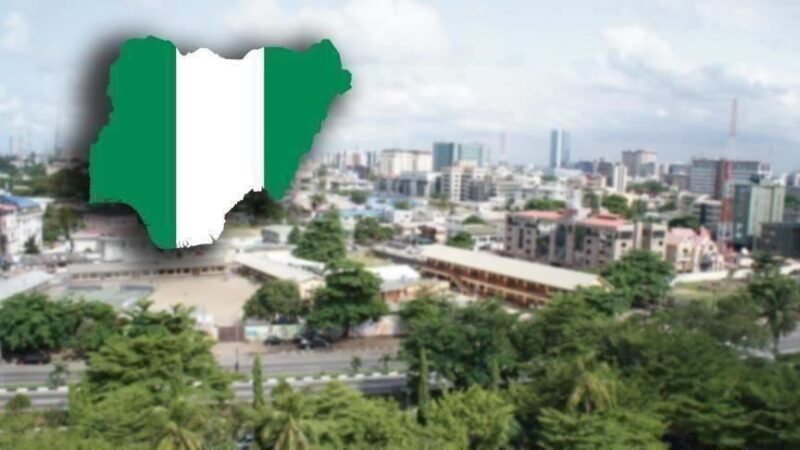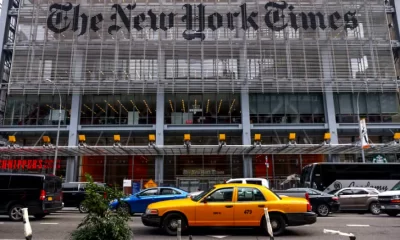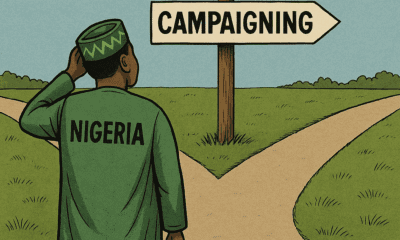Economic Issues
Any Hope For Nigeria’s Economy? -By Isaac Fali
One challenge of allowing the naira to float freely is that it could lead to a sharp decline in the value of the currency, at least in the short term. Another challenge of reducing the budget deficit is that it could require difficult decisions, such as cutting spending or raising taxes.

The current state of Nigeria’s economy is a pressing issue. The naira’s depreciation has had a major impact on the country, affecting everything from inflation to the cost of living. There are a number of factors that have contributed to this, including the country’s dependence on oil exports, its high inflation rate, and its weak monetary policy.
Nigeria’s economy is heavily reliant on the oil sector, and fluctuations in oil prices have a significant impact on the country’s economic stability. When oil prices fall, as they have in recent years, the naira tends to depreciate. This is because Nigeria’s foreign exchange reserves are largely derived from oil revenues, and when oil prices fall, the country’s foreign exchange reserves are depleted.
Another major factor in the naira’s depreciation is Nigeria’s high inflation rate. Inflation has been a persistent problem in the country, with the inflation rate reaching as high as 18% in recent years. This has had a number of negative effects on the economy, including making imports more expensive and eroding the purchasing power of the naira.
The country’s central bank has struggled to keep inflation under control, in part due to its weak monetary policy. The bank has often been reluctant to raise interest rates, which has allowed inflation to spiral out of control. Many foreign investors have been deterred by the country’s economic instability and high inflation rate. This has led to a shortage of foreign currency in the country, which has put downward pressure on the naira.
Another important factor is the role of the black market in the naira’s depreciation. A large portion of foreign exchange transactions take place on the black market, where the naira is traded at a much lower rate than the official rate. This has led to even more downward pressure on the naira.
The impact of government policies on the naira’s depreciation. The government has often intervened in the foreign exchange market in an attempt to prop up the naira, but these interventions have often had the opposite effect. The government’s policy of restricting access to foreign exchange. This has made it more difficult for businesses to import goods and services, leading to shortages and higher prices. It has also made it more difficult for investors to take their money out of the country, which has further eroded confidence in the naira.
The government could work to reduce its budget deficit. This would reduce the need to print more naira and would help to reduce inflation. Additionally, the government could work to diversify the economy away from its dependence on oil revenues. This would make the economy less vulnerable to fluctuations in oil prices and would help to attract more foreign investment.
One option is for the government to pursue more market-oriented policies, such as allowing the naira to float freely on the foreign exchange market. This would help to ensure that the naira’s value is determined by market forces, rather than government intervention.
One challenge of allowing the naira to float freely is that it could lead to a sharp decline in the value of the currency, at least in the short term. Another challenge of reducing the budget deficit is that it could require difficult decisions, such as cutting spending or raising taxes.
Isaac Fali
Department of Mass Communication,
Borno State University.










